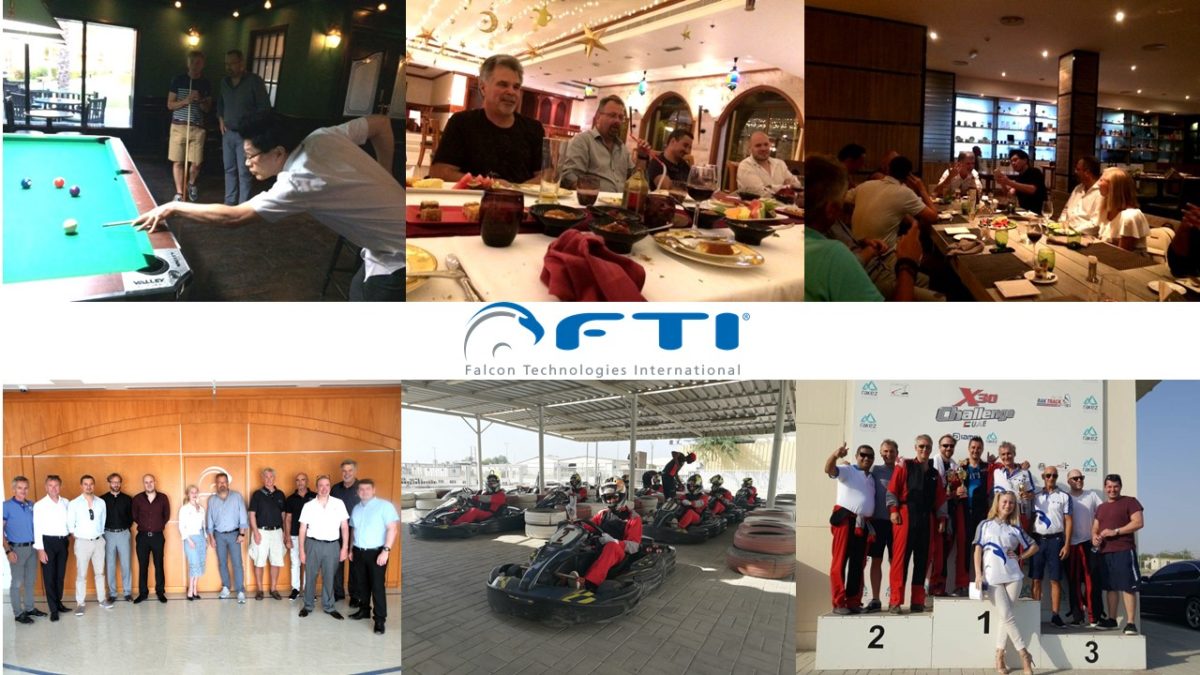Modern sound recording industry as we know it today is a result of almost a century of continuous development and technical progress. We very often perceive it to be something that was around forever, and the high-quality FM broadcasts and live concert sound became something that is heard every day. Bot not many do actually think about the volume of work that stands behind that sound quality level.

The professional sound recording is a complex and multi-stage process that employs tens, and sometimes even hundreds of qualified professionals. One of the most important stages of this process is called mastering. You probably heard this term before. But what is sound mastering and why is it so important?
Broadly put, it’s both the final stage in the creative production of a track or album and the initial stage of its manufacture (where a physical product is concerned, such as a CD or vinyl) or output (ie, WAV/MP3 delivery to a download portal). In the early days of mass-produced music, it was the job of a skilled individual to physically transfer a final mix from tape to the ‘master’ vinyl record, which would then be sent for duplication.
As record labels realised that skilfully-applied processing could make a big difference in the perceived quality of music, mastering engineers were given more creative freedom to enhance mixes with equalisation and compression techniques. In today’s digital age, the mastering engineer is still essentially the middle-man between the finished mix and the consumer, correcting any ‘errors’ in the mix, making enhancements where needed, and editing/ submitting the final ‘master’ file for release – all without compromising the artistic vision of the original artist or creatively altering the mix.

So why doesn’t the mix engineer simply take on the task of mastering too? A mastered track should sound as good as possible on as many playback systems as possible, achieving a professional and consistent sound whether listened to on a car stereo, club sound system, cheap earphones, television, mobile phone, and so on. A producer or mix engineer has likely spent countless hours creatively blending multiple elements together to craft the final mix, and in doing so has ‘overlistened’ to the track in the same studio, which may not be the ideal listening environment. The mastering engineer is a final, experienced pair of ears that can objectively listen to the track, correct errors introduced by an imperfect mixing studio, and transparently sweeten a piece of music further.
Fans and listeners are used to hearing modern music coated with a professionally-mastered ‘sheen’ – sparkling highs, deep bass, consistent frequency spread and dynamic balance. Today’s songs and albums must compete with other professional records. A skilled mastering engineer has the equipment, experience, and ears to help a mix sit beside other commercial releases, adding that final 5-10% of polish.

Collections of individual tracks – whether destined for an EP, album or compilation – can each sound tonally and dynamically separate from each other. The mastering engineer will ensure the final collection of songs all sit together as a single cohesive product.
So basically, it is all about consistency and final polishing of the soundtrack. Sort of an additional quality assurance measure on the final stage of a master copy production, that is further on duplicated on a mass-production scale.
Quality of sound will also depend on the quality of the media storage it is recorded to. Therefore, choosing the right means of duplication is probably even more important than mastering itself.
Falcon Technologies International develops and produces professional optical media oriented towards different market sectors for more than 10 years now, and one of the sectors we prioritize, is media duplication.
Our FalconMEDIA DUPLI Line is a product that was tailored to meet the needs of professional media duplicators. It performs to good quality level with benchmark and quality control tests proving that DUPLI Line products have one of the lowest variability rates throughout the industry, which makes them a perfect solution for media duplication.











